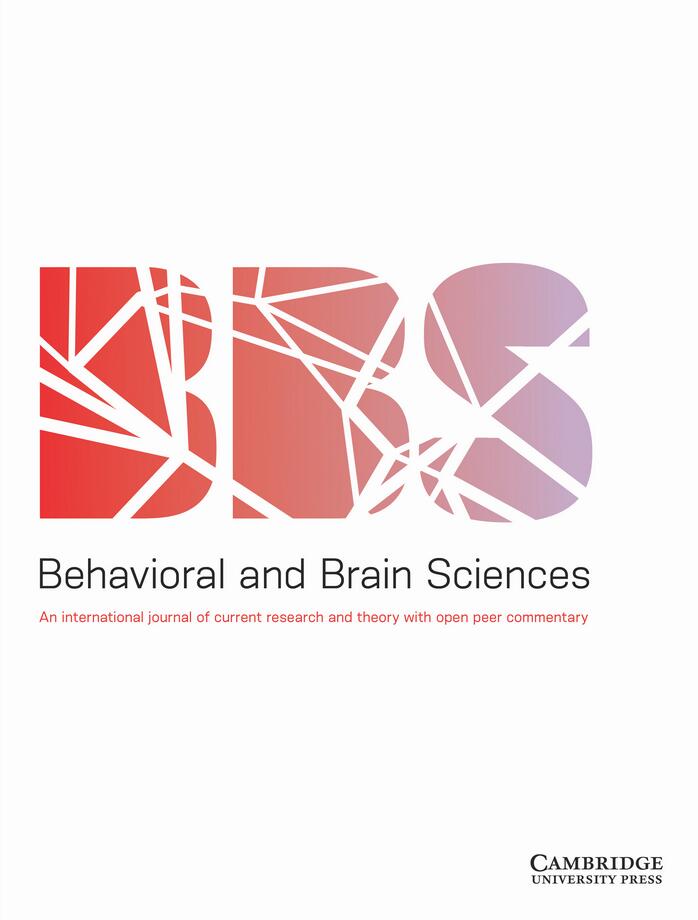Quantum Markov blankets for meta-learned classical inferential paradoxes with suboptimal free energy.
IF 16.6
1区 心理学
Q1 BEHAVIORAL SCIENCES
引用次数: 0
Abstract
Quantum active Bayesian inference and quantum Markov blankets enable robust modeling and simulation of difficult-to-render natural agent-based classical inferential paradoxes interfaced with task-specific environments. Within a non-realist cognitive completeness regime, quantum Markov blankets ensure meta-learned irrational decision making is fitted to explainable manifolds at optimal free energy, where acceptable incompatible observations or temporal Bell-inequality violations represent important verifiable real-world outcomes.
针对具有次优自由能的元学习经典推理悖论的量子马尔可夫空白。
量子主动贝叶斯推理和量子马尔可夫毯能够对难以渲染的基于自然代理的经典推理悖论进行稳健建模和模拟,并与特定任务环境相结合。在非现实主义认知完备性体系中,量子马尔可夫毯确保元学习的非理性决策以最佳自由能适合于可解释流形,其中可接受的不相容观测或时间性贝尔-线性违反代表了重要的可验证现实世界结果。
本文章由计算机程序翻译,如有差异,请以英文原文为准。
求助全文
约1分钟内获得全文
求助全文
来源期刊

Behavioral and Brain Sciences
医学-行为科学
CiteScore
1.40
自引率
1.70%
发文量
353
期刊介绍:
Behavioral and Brain Sciences (BBS) is a highly respected journal that employs an innovative approach called Open Peer Commentary. This format allows for the publication of noteworthy and contentious research from various fields including psychology, neuroscience, behavioral biology, and cognitive science. Each article is accompanied by 20-40 commentaries from experts across these disciplines, as well as a response from the author themselves. This unique setup creates a captivating forum for the exchange of ideas, critical analysis, and the integration of research within the behavioral and brain sciences, spanning topics from molecular neurobiology and artificial intelligence to the philosophy of the mind.
 求助内容:
求助内容: 应助结果提醒方式:
应助结果提醒方式:


